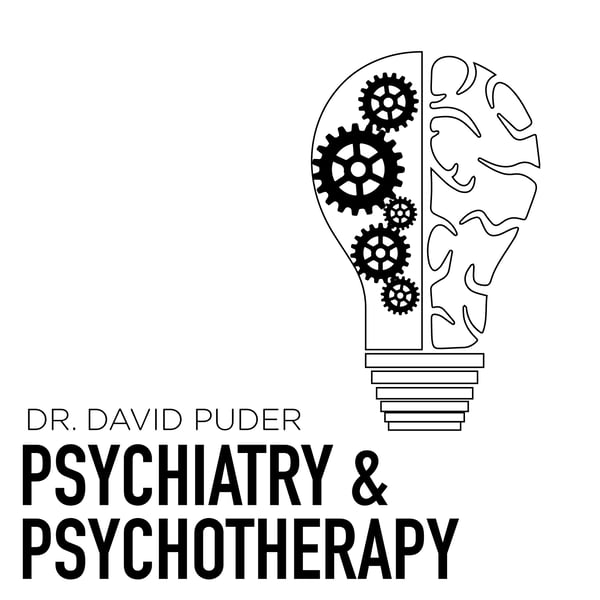Psychiatric Approach to Delirium
Psychiatry & Psychotherapy Podcast
David J Puder
4.8 • 1.3K Ratings
🗓️ 8 October 2018
⏱️ 50 minutes
🧾️ Download transcript
Summary
Delirium is an acute change in a person’s sensorium (the perception of one’s environment or understanding of one’s situation). It can include confusion about their orientation, cognition or mental thinking.
With hyperactive delirium, a patient can become aggressive, violent and agitated with those around them. A patient experiencing delirium can have hallucinations and hear things, they can become paranoid, and they are overall confused. A family or non-psychiatric medical staff might be concerned that the patient is experiencing something like schizophrenia.
Hyperactive delirium symptoms in patients:
Waxing and waning —it comes and goes
Issues with concentration
Pulling out medical lines
Yelling profanities
Throwing things
Agitated
Responding to things in the room that aren’t there
Not acting like themselves
Hypoactive delirium is much more common than hyperactive delirium (based on research studies), but it is often missed because the presentation is much less dramatic. People with hypoactive delirium are confused and disoriented, but they are not expressing their confusion verbally or physically.
Hypoactive delirium symptoms:
Slower movement
Softer speech
Slower responses
Withdrawn
Not eating as much
For the rest of the article go: here
Instagram: dr.davidpuder
Twitter: @DavidPuder
Facebook: DrDavidPuder
Transcript
Click on a timestamp to play from that location
| 0:00.0 | Welcome to the Psychiatry and Psychotherapy Podcast. The podcast to help you in your journey |
| 0:06.0 | towards becoming a wise, empathic, genuine and connected mental health professional. |
| 0:11.0 | I'm your host, Dr. David Pewter, a psychiatrist who splits his time practicing psychopharmacology, |
| 0:17.0 | individual and group psychotherapy, medical director of a day treatment program, |
| 0:21.0 | medical education research, and teaching residents and medical students. |
| 0:30.0 | So welcome to the podcast. I am here with Dr. Timothy Lee. Dr. Timothy Lee is the |
| 0:41.0 | Loma Linda Residency Program Director. He is also the head of the consult and liaison services. |
| 0:50.0 | Those are the people that get consulted on medical patients in the actual hospital. |
| 0:56.0 | And one of the main things that he gets consulted on is delirium. |
| 1:03.0 | And so Dr. Lee, how would you define delirium? |
| 1:07.0 | So thanks for having me, David. I'm flattered to be chosen to be a part of the podcast. Hopefully it's interesting. |
| 1:16.0 | But yeah, to the question, delirium we basically think of as an acute change in a person's |
| 1:25.0 | synsorium, which can include, you know, their orientation, their cognition or mental thinking. |
| 1:35.0 | But yeah, basically, in essence, an acute change in their cognition or their synsorium. |
| 1:43.0 | So define synsorium. |
| 1:47.0 | So synsorium can involve one's perception of one's environment. |
| 1:54.0 | So stimuli in the environment, it can involve one's understanding of one's situation, such as where one is, |
| 2:04.0 | what the current date is, what their recent events might have been. |
| 2:12.0 | Yeah. So you're in the hospital. |
| 2:14.0 | Mm-hmm. |
| 2:15.0 | You have, let's say, a hip injury. |
| 2:17.0 | Yeah. |
... |
Please login to see the full transcript.
Disclaimer: The podcast and artwork embedded on this page are from David J Puder, and are the property of its owner and not affiliated with or endorsed by Tapesearch.
Generated transcripts are the property of David J Puder and are distributed freely under the Fair Use doctrine. Transcripts generated by Tapesearch are not guaranteed to be accurate.
Copyright © Tapesearch 2025.

